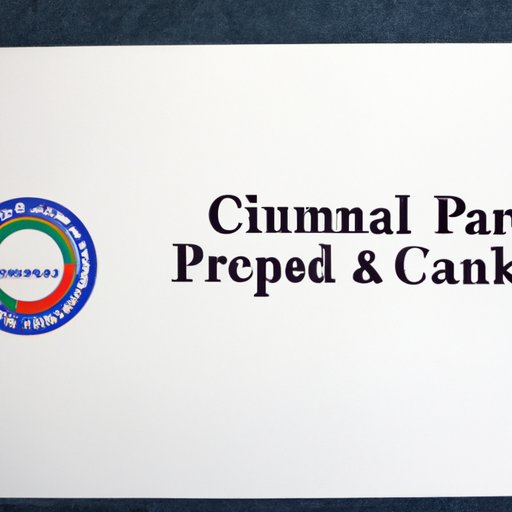You’re tired. You’re drowning under a mountain of debt, and every day feels like a constant battle against financial ruin. Maybe you’ve seen advertisements promising a “fresh start” through a free CPN, a supposed magic bullet that wipes away your past and lets you build a clean slate. But here’s the reality: those promises are often empty, filled with deceptive marketing strategies and potentially harmful consequences.

Image: interconex.edu.vn
Before we dive into the murky waters of CPNs, let’s get one thing clear: a CPN number, often touted as a “credit privacy number,” is NOT a legitimate replacement for your Social Security Number (SSN). There’s no official government agency that issues CPNs, and using one is a risky practice that can lead to serious legal and financial trouble.
Unmasking the CPN Myth
The CPN myth has been circulating for years, preying on people desperate for a way out of their financial woes. The promises are alluring:
- Start fresh, free from debt. Goodbye, student loans! Goodbye, credit card bills!
- Protect your identity from fraudsters. They can’t touch you if they don’t have your real SSN.
- Build new credit without the baggage of your past. Finally, a chance to access loans and opportunities!
But, unfortunately, these promises are built on a foundation of false information and misinformation. CPN proponents are often motivated by profit, not by helping you achieve financial freedom.
How CPN Schemes Work
Here’s the truth about CPNs:
- CPN numbers are usually just randomly generated numbers. They have no official standing, and no government agency recognizes them as legitimate.
- CPN providers often charge hefty fees for creating these numbers. The price can range from a few hundred to several thousand dollars, and you’re left with nothing but a useless piece of paper.
- Using a CPN in place of your SSN can have serious consequences. It’s considered identity fraud, and you could face severe criminal charges, fines, and even jail time.
- Credit reporting agencies don’t recognize CPNs. If you try to apply for credit using a CPN, your application will likely be rejected.
Legal and Financial Ramifications
The potential repercussions of using a CPN are significant. Here’s why:
- Identity theft: By using a CPN, you’re essentially creating a fake identity, and opening yourself up to identity theft charges.
- Financial fraud: Using a CPN to open credit accounts or access financial services is a form of financial fraud, which can lead to criminal prosecution.
- Difficulty accessing credit: By using a CPN, you’re actually harming your creditworthiness. Credit reporting agencies won’t recognize your CPN, which can make it impossible to secure loans, mortgages, or even rent an apartment.

Image: cassikamilah.pages.dev
What to Do Instead of Seeking a CPN
Instead of chasing after the phantom of a CPN, focus on a legitimate path to reclaiming your financial health:
- Contact a credit counseling agency: Seek professional guidance from a reputable credit counseling agency. They can help you navigate your debts and develop a personalized repayment plan.
- Focus on building your credit: Start small. Pay your bills on time, use a secured credit card, and consider consolidating your debt.
- Explore debt consolidation options: Debt consolidation might help you lower your interest rates and monthly payments.
- Seek legal advice: If you’re struggling with debt, it’s crucial to consult with a qualified attorney. They can help you understand your rights and options.
Get A Cpn Number For Free
https://youtube.com/watch?v=cpn42499Z9Y
The Real Key to Financial Freedom
The road to financial freedom is paved with responsible choices and hard work. It’s a journey that involves taking control of your finances, understanding your rights, and seeking help when needed. While the “free CPN” siren song may seem tempting, it’s a dangerous distraction from the real solutions you need to achieve a more secure financial future.
Instead of chasing after elusive shortcuts, focus on building a solid financial foundation based on honesty, transparency, and responsible financial practices. The journey might be challenging, but it’s the only path that will lead you to genuine financial freedom.





